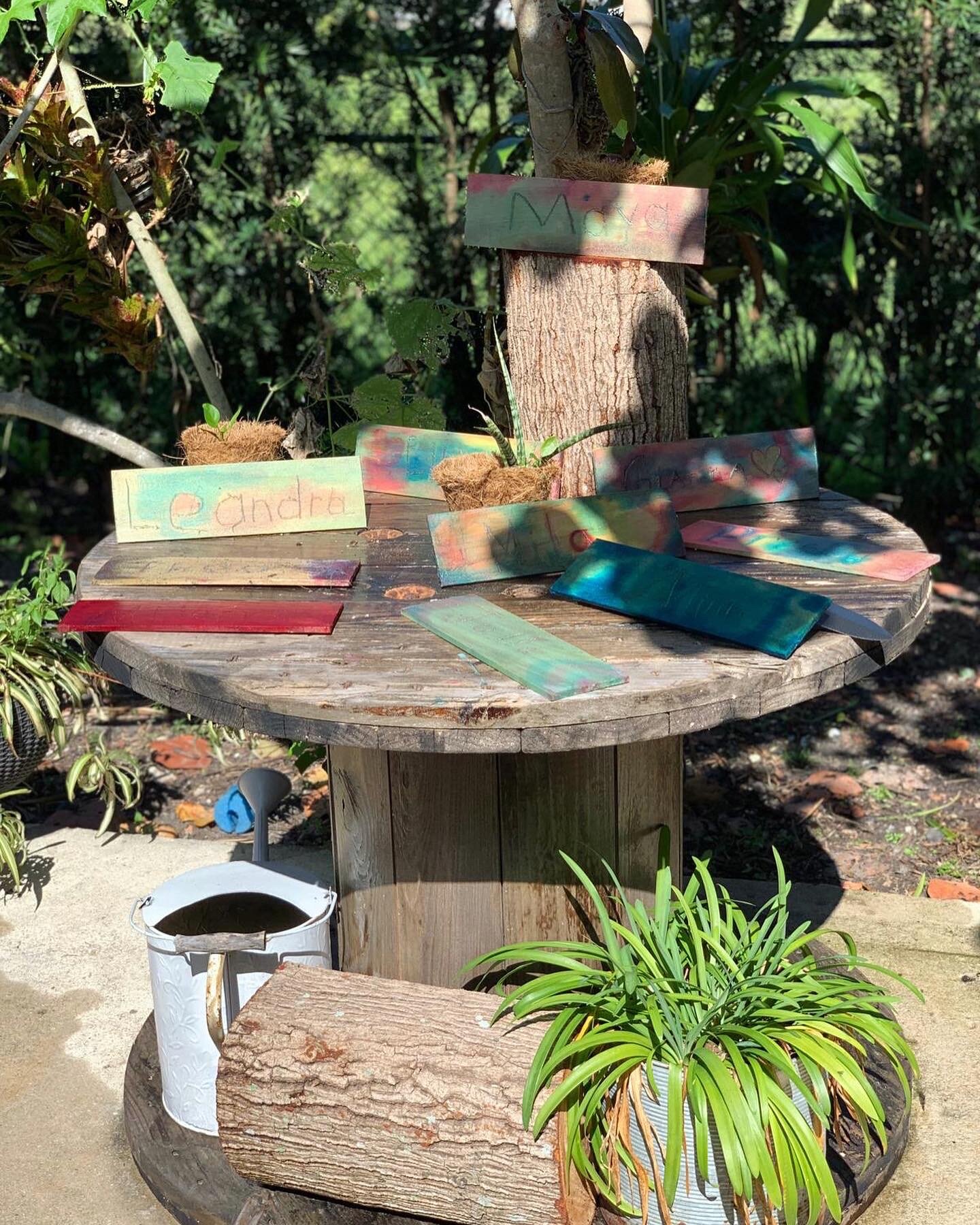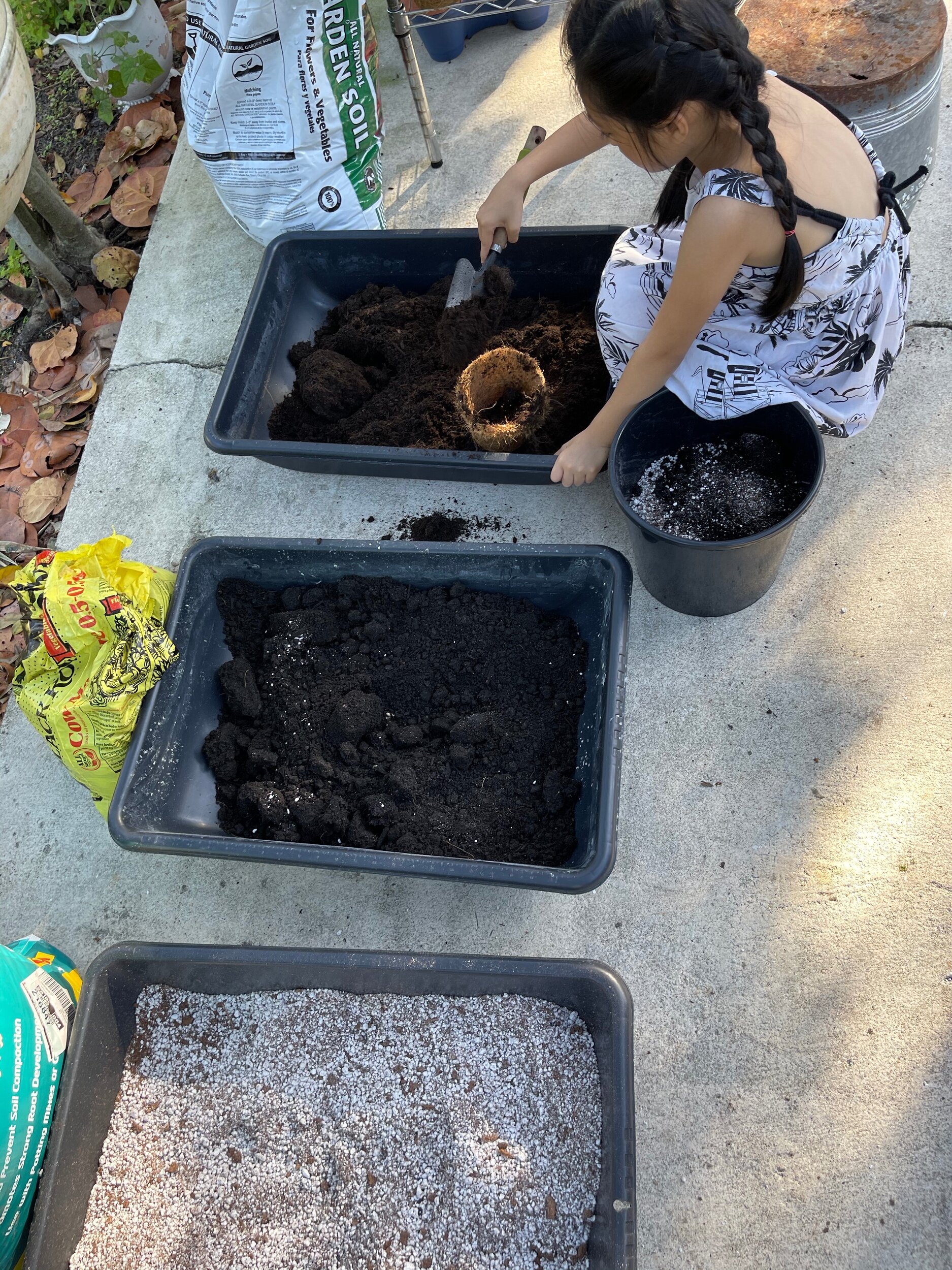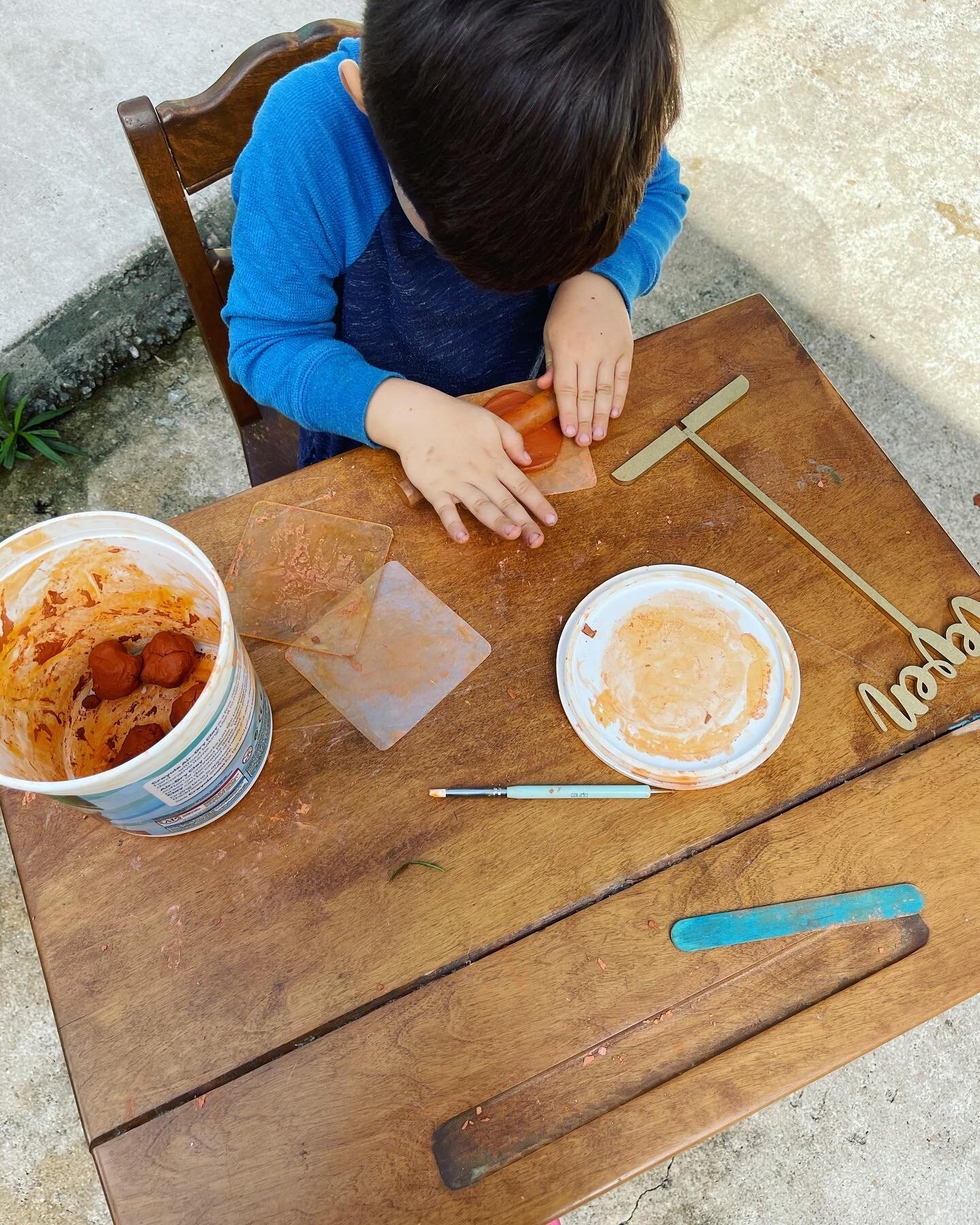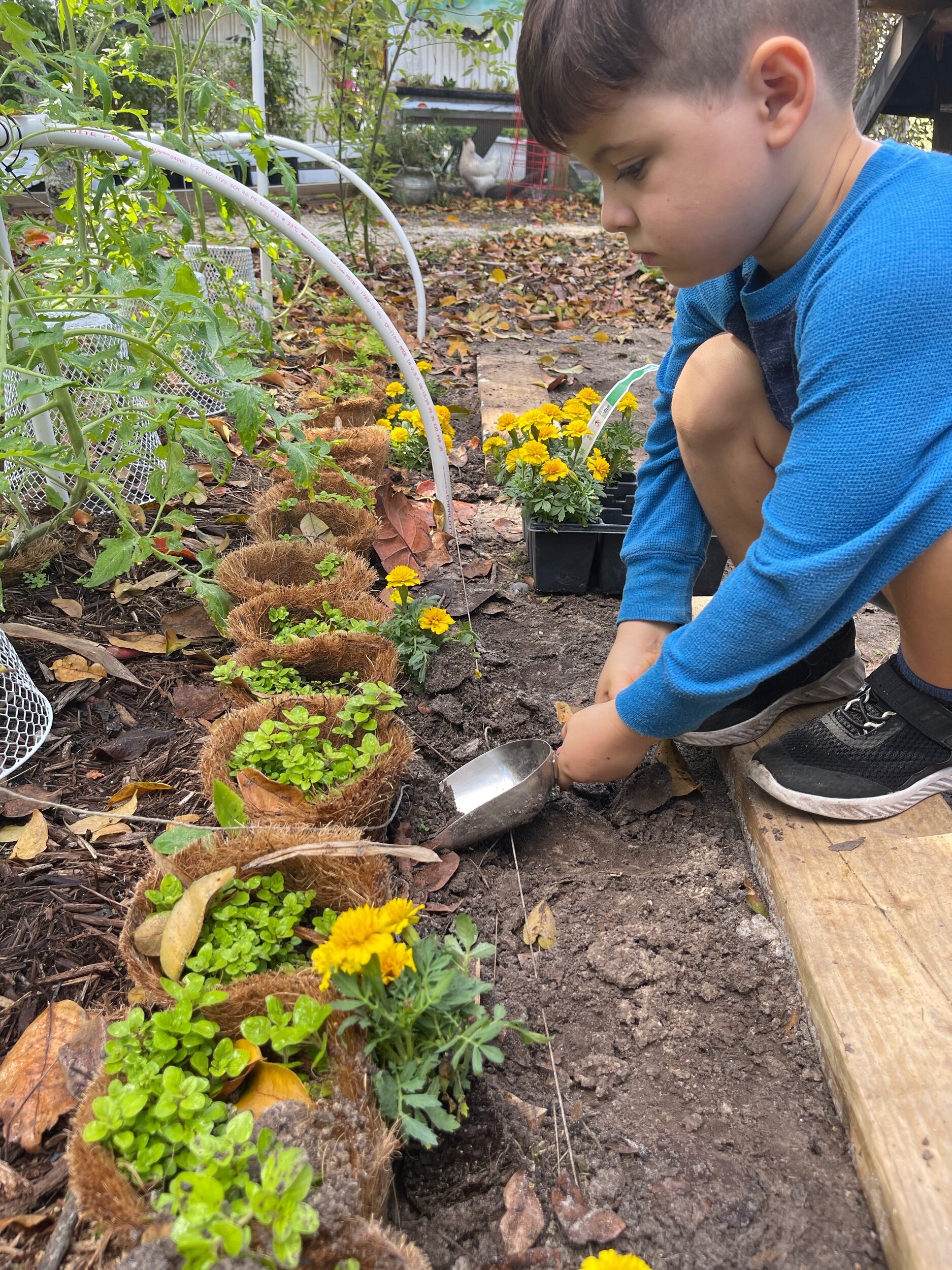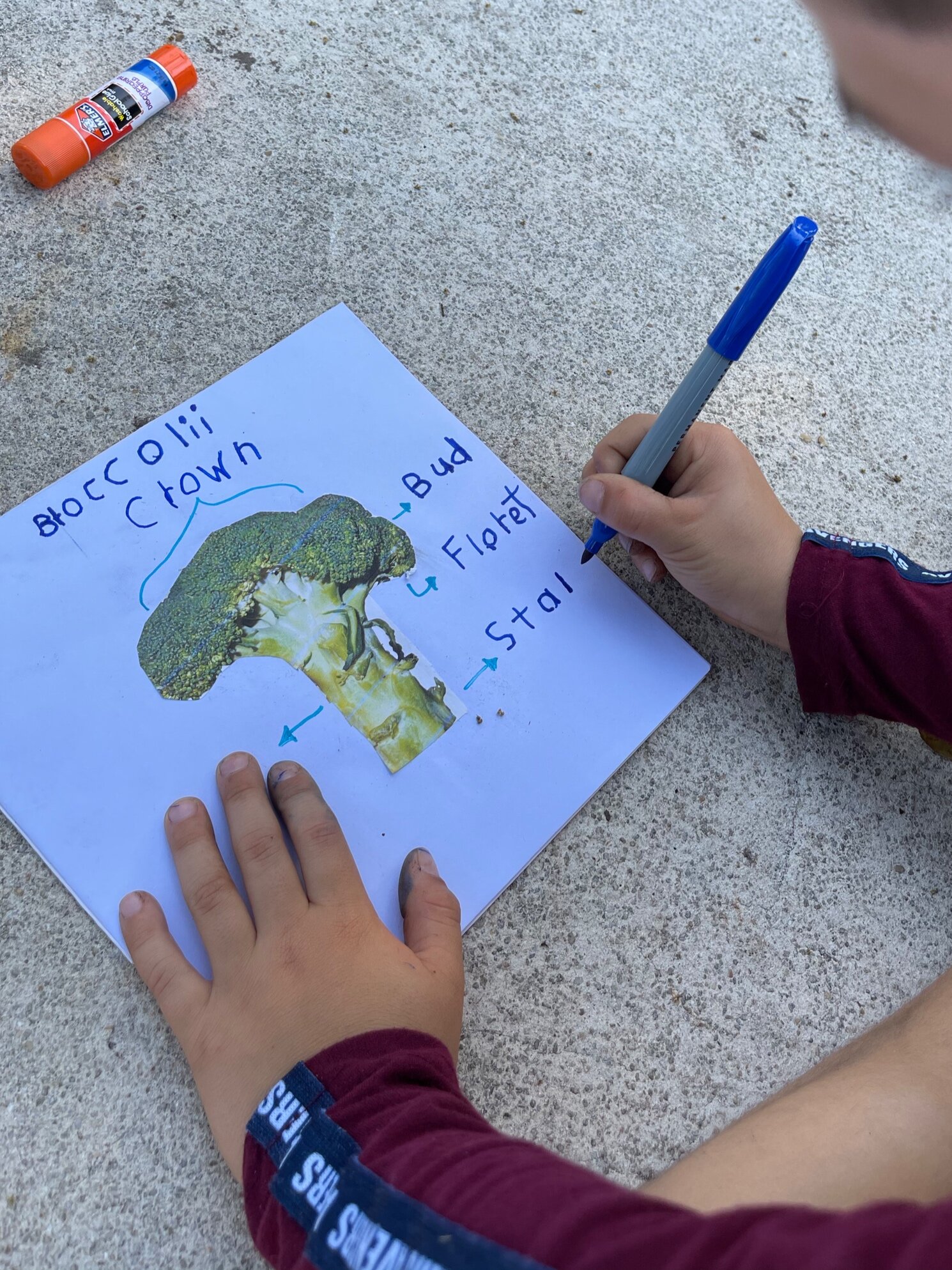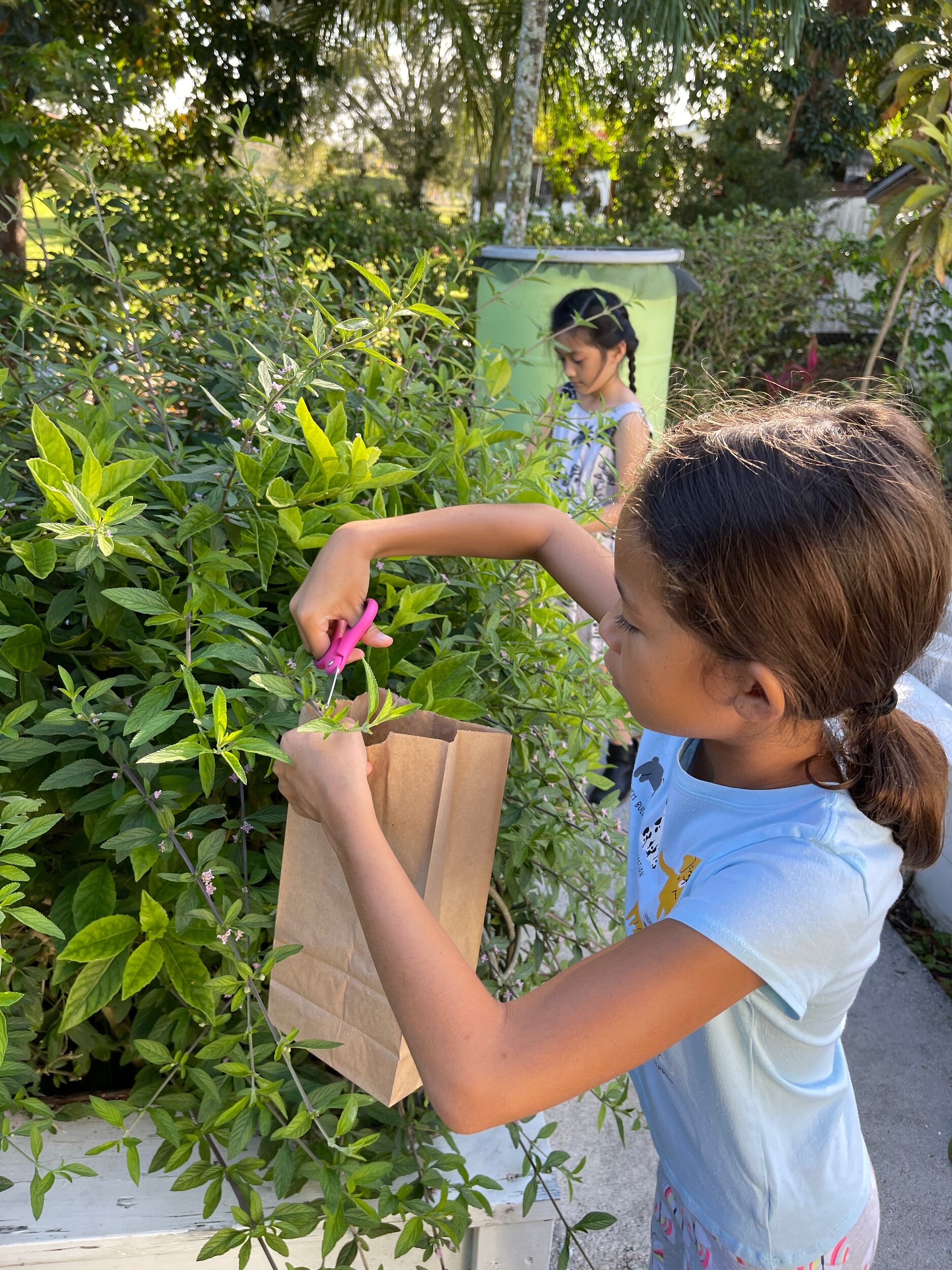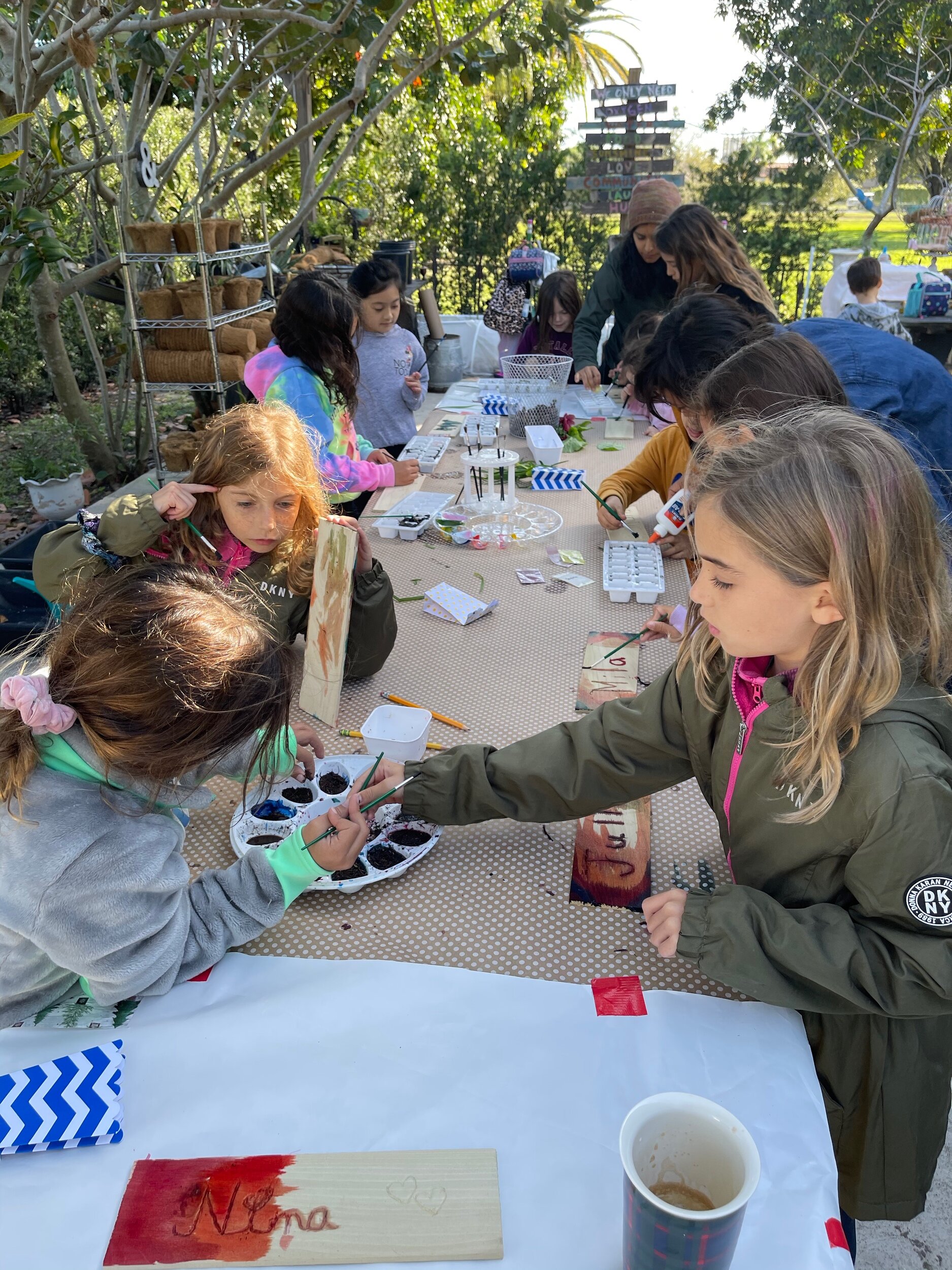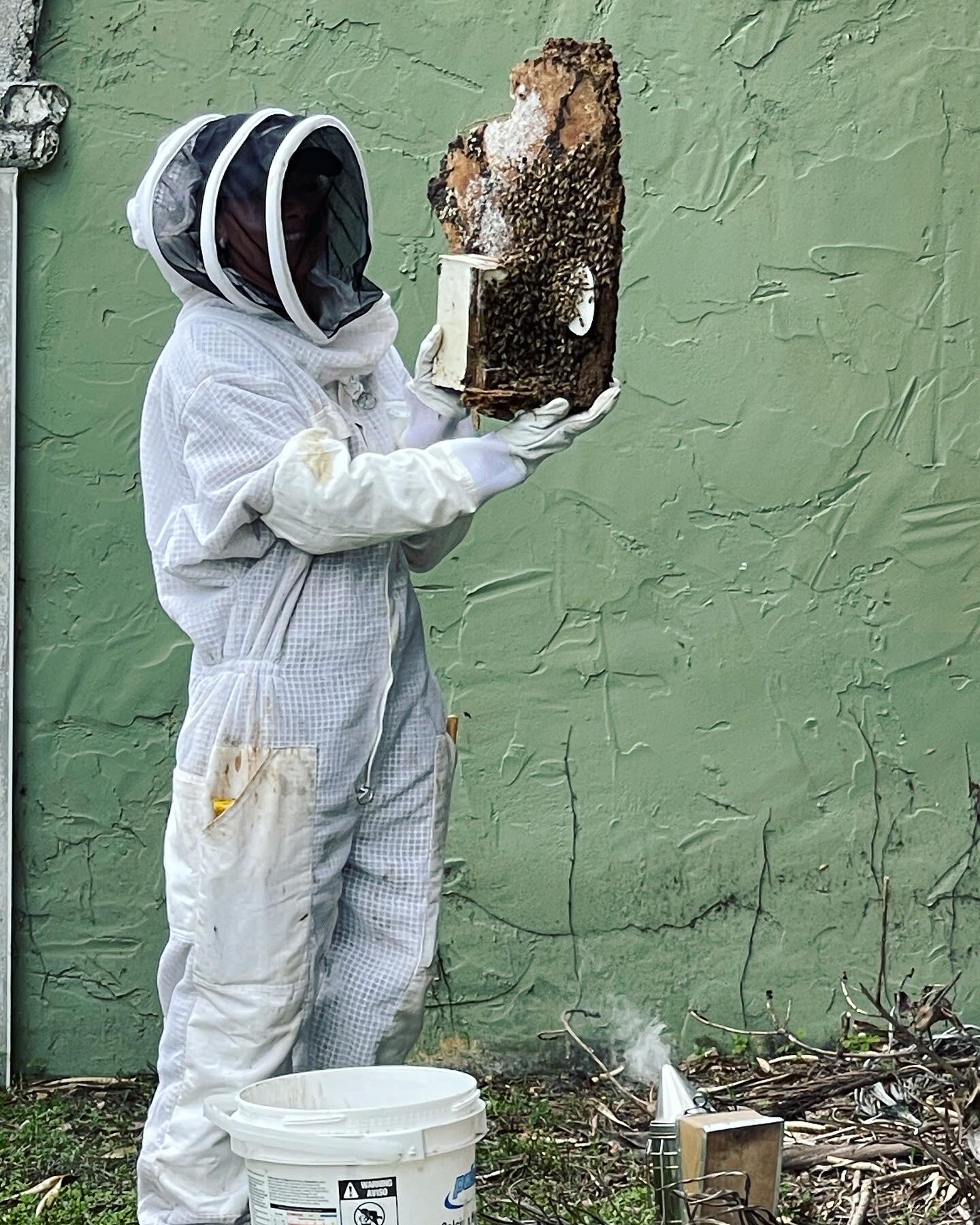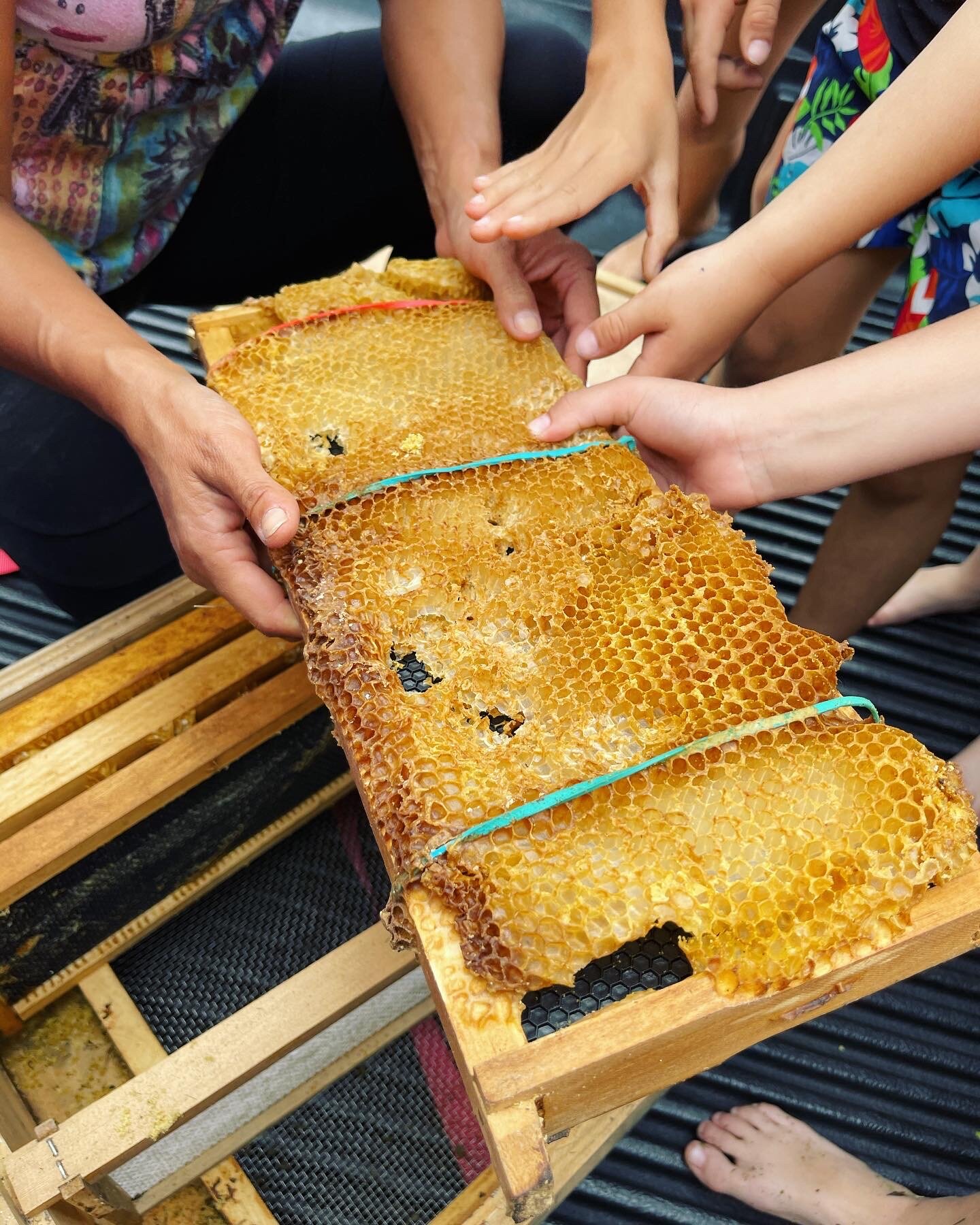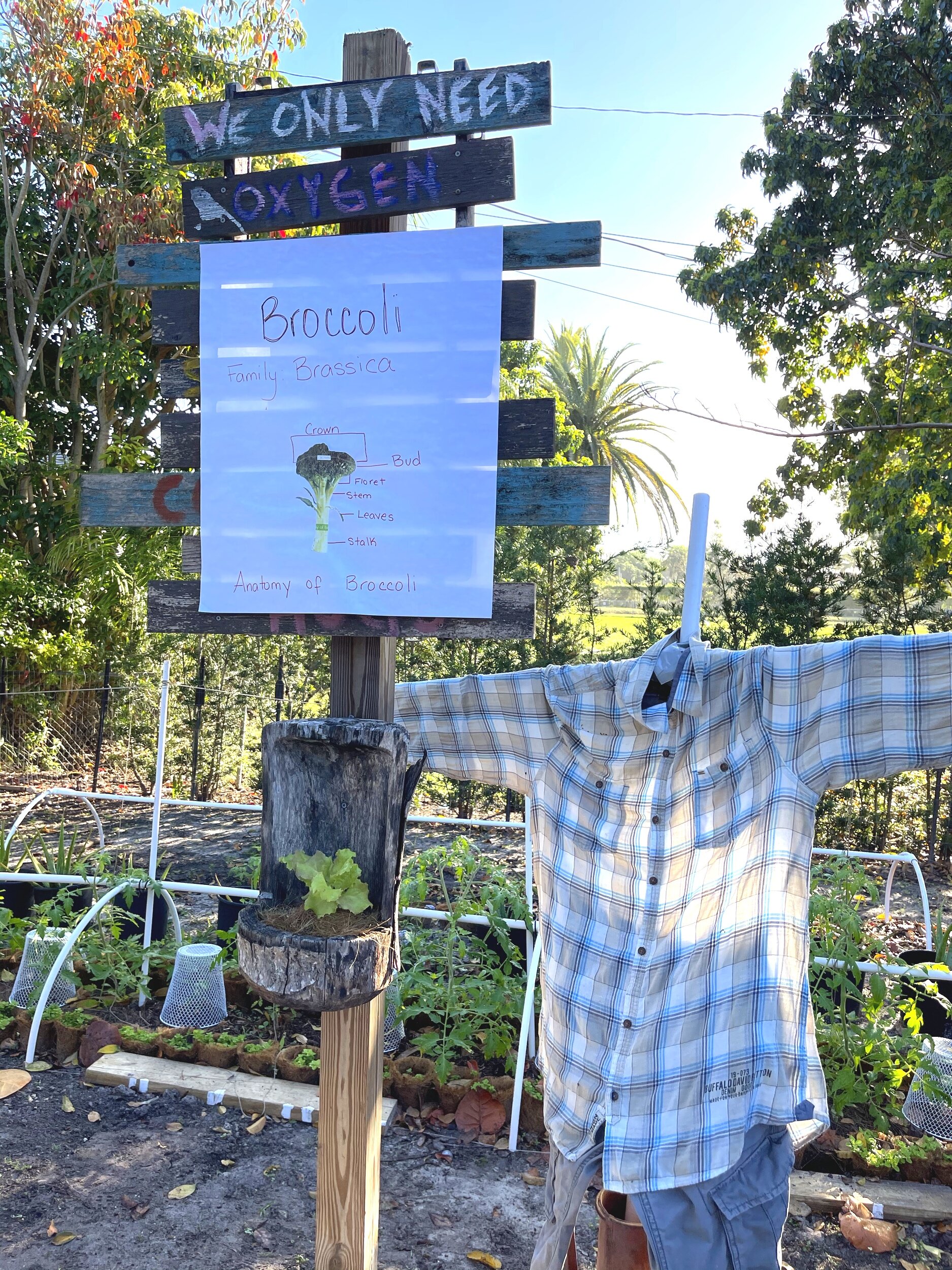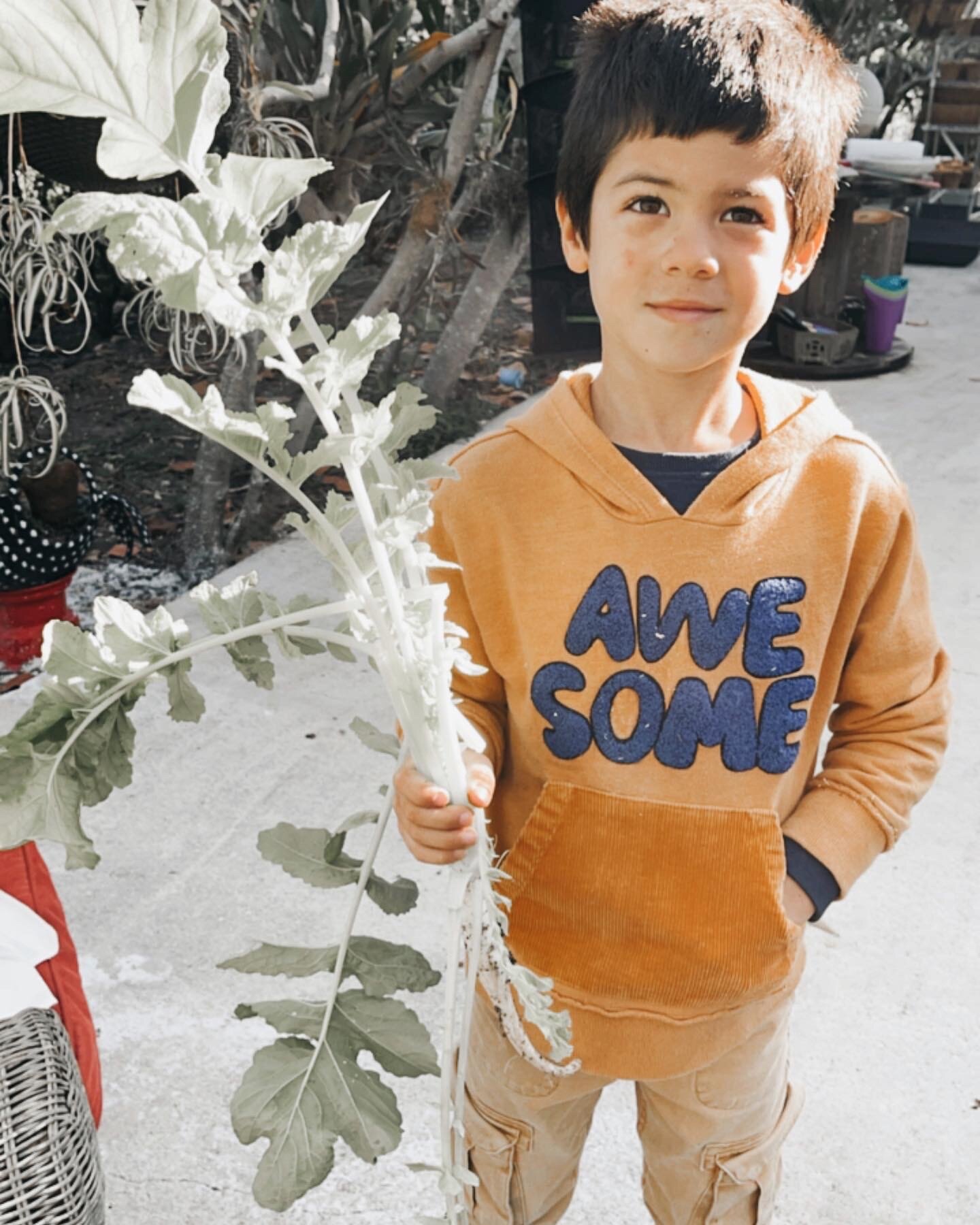Outdoor Learning
How often are today’s children given the opportunity to be in nature? To read under a tree, gaze up at the stars and moon at night, collect sticks, play in the mud, or care for a garden? As we think about our fast-paced lives, we can’t help but wonder how children’s lives have drastically changed in this era of advanced technology. Research shows that giving children opportunities to engage in hands-on, nature-based activities can increase children’s sensitivity toward environmental behaviors.
Casa Ranch prioritizes nature immersion as a means for children to develop a deep connection to nature while undergoing meaningful outdoor experiences. Woven into our curriculum, our involvement with nature encompasses the philosophy of forest schools and place-based learning aiming to support the development of ecological literacy, while organically implementing the practice of environmental stewardship skills. Nature-based learning supports student’s attention functioning, academic performance, immune system, and helps to foster better nutrition habits, through lessons in permaculture, exposing children to the consumption of fruits & vegetables and its importance. Outdoor learning and play help to foster a connection with nature and are essential to healthy development and well-being. Students of all levels have the opportunity to learn outside in nature, whether it’s climbing a tree, collecting leaves, building with sticks, reading a book under a tree, or making art in nature.
The immersion of nature into our curriculum is critical to the students’ physical, mental, and spiritual health; a key component for developing student’s social-emotional and interpersonal skills.
“Nature holds the key to our aesthetic, intellectual, cognitive and even spiritual satisfaction.”
— E.O. Wilson
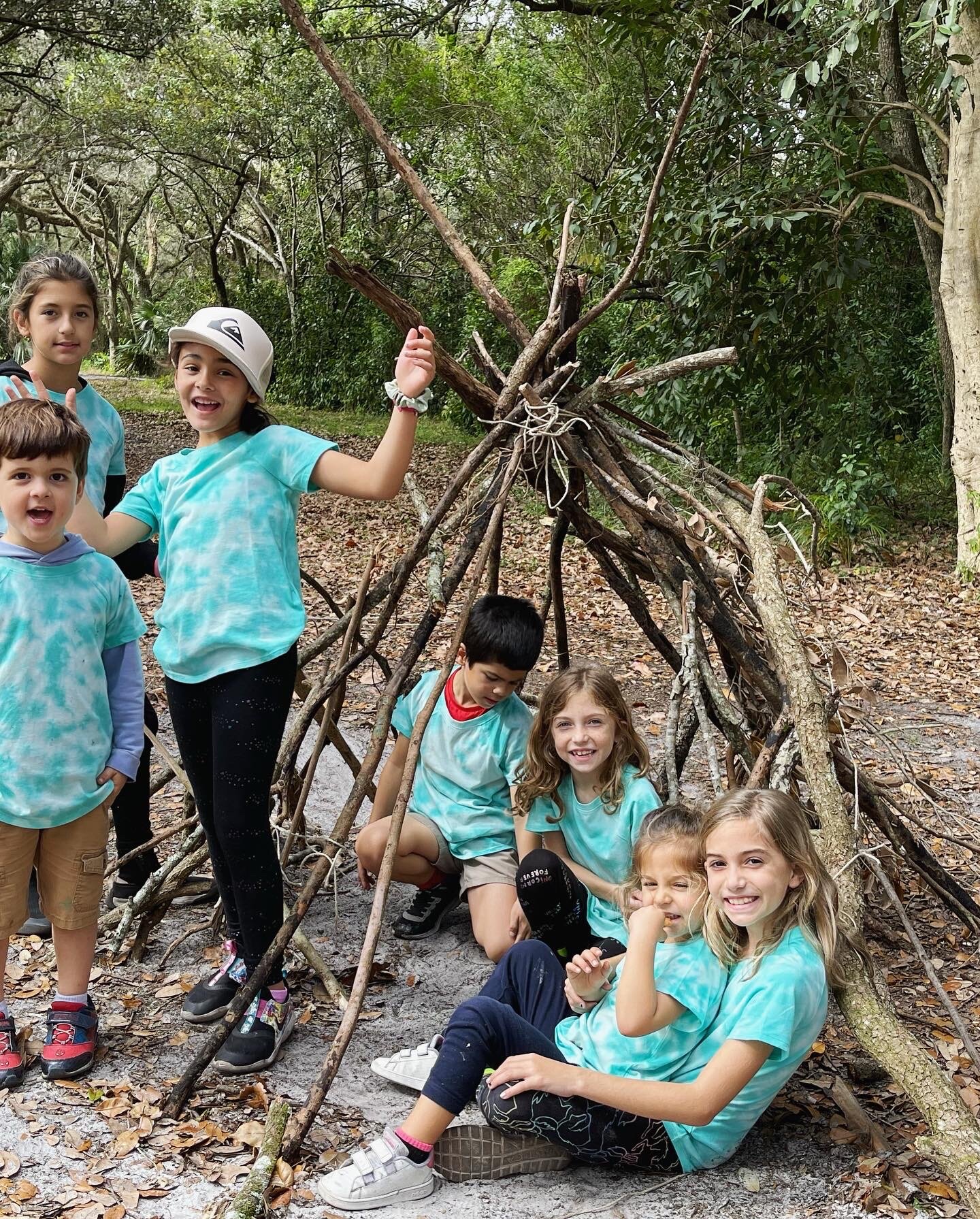

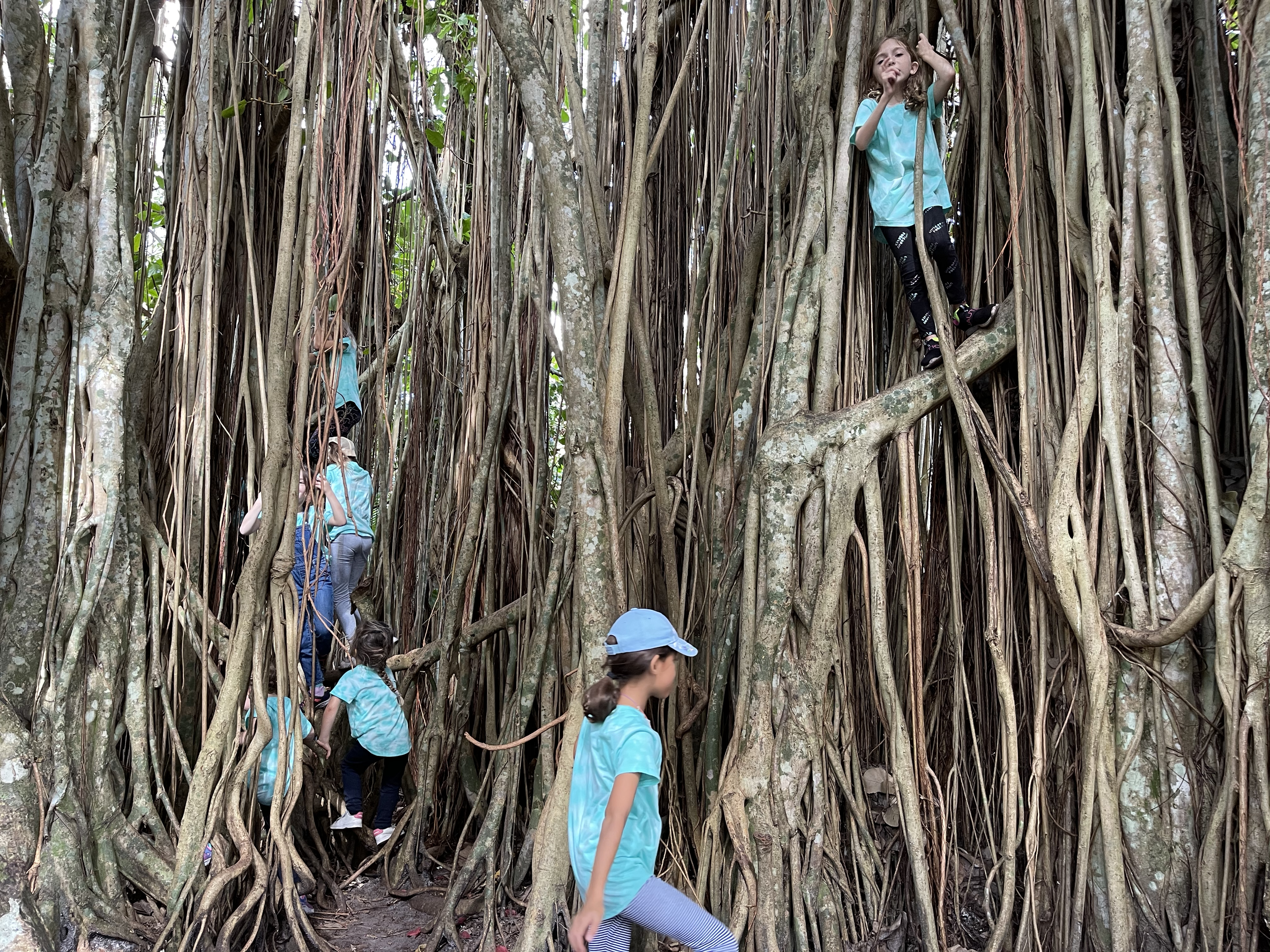

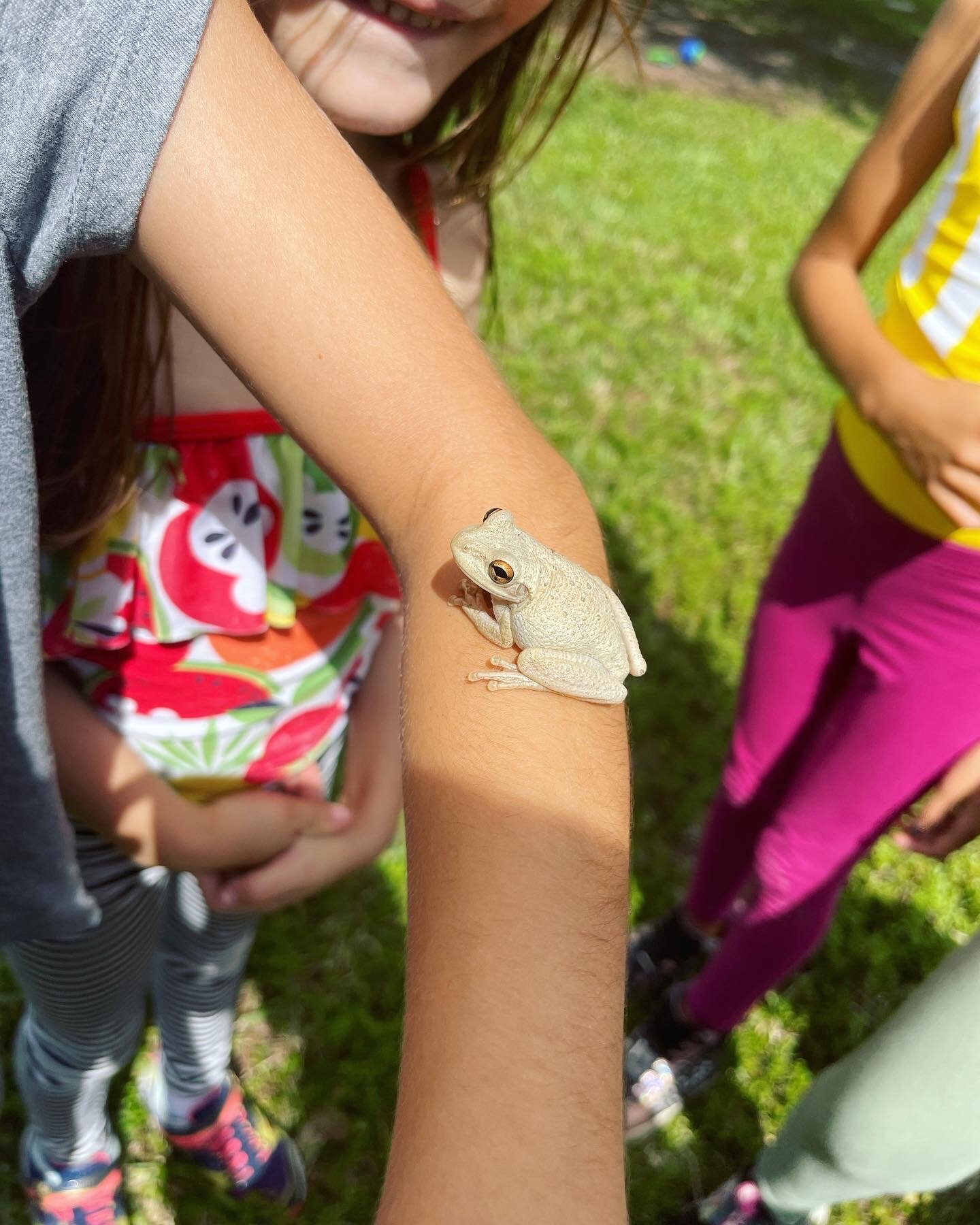
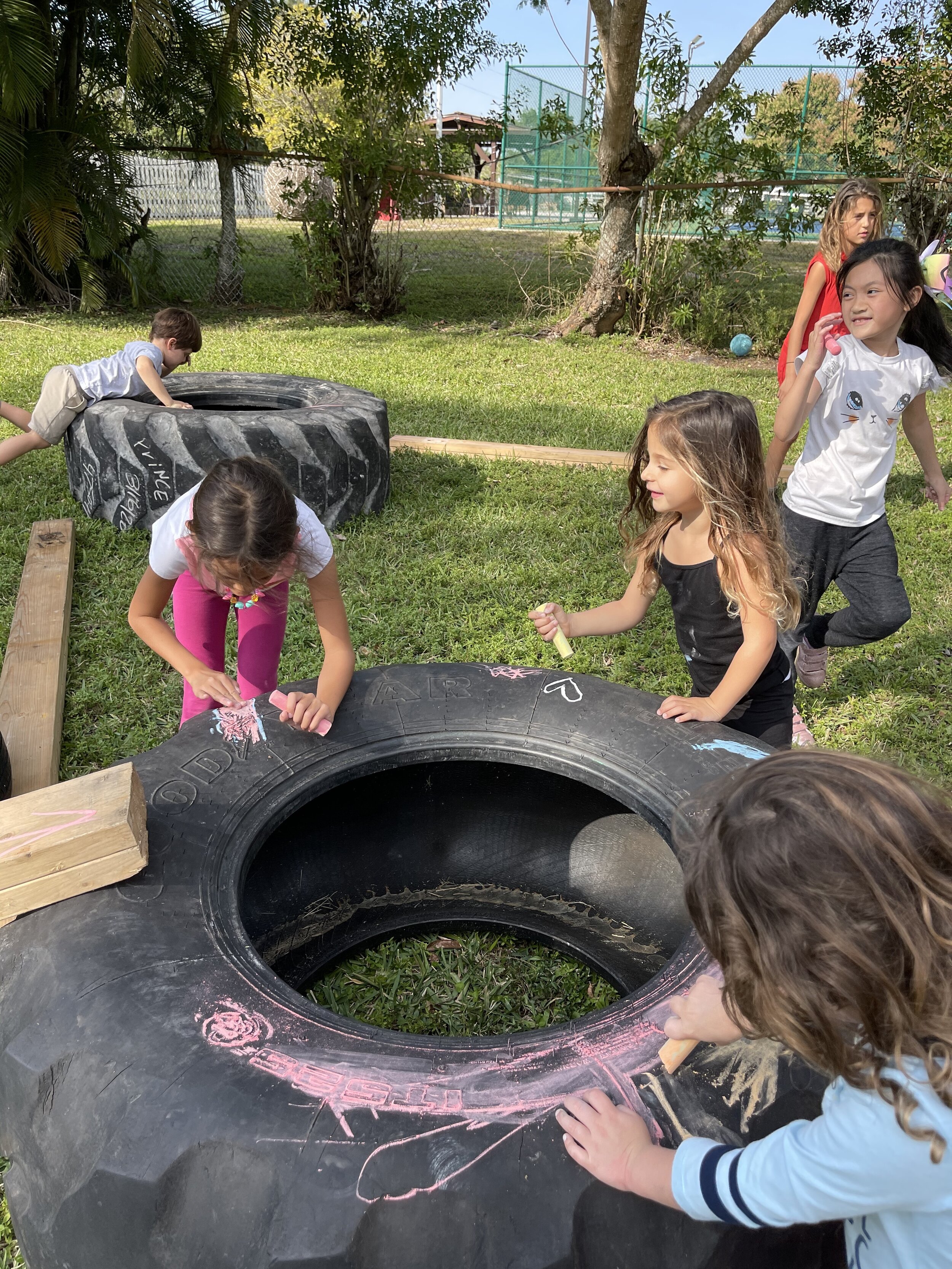
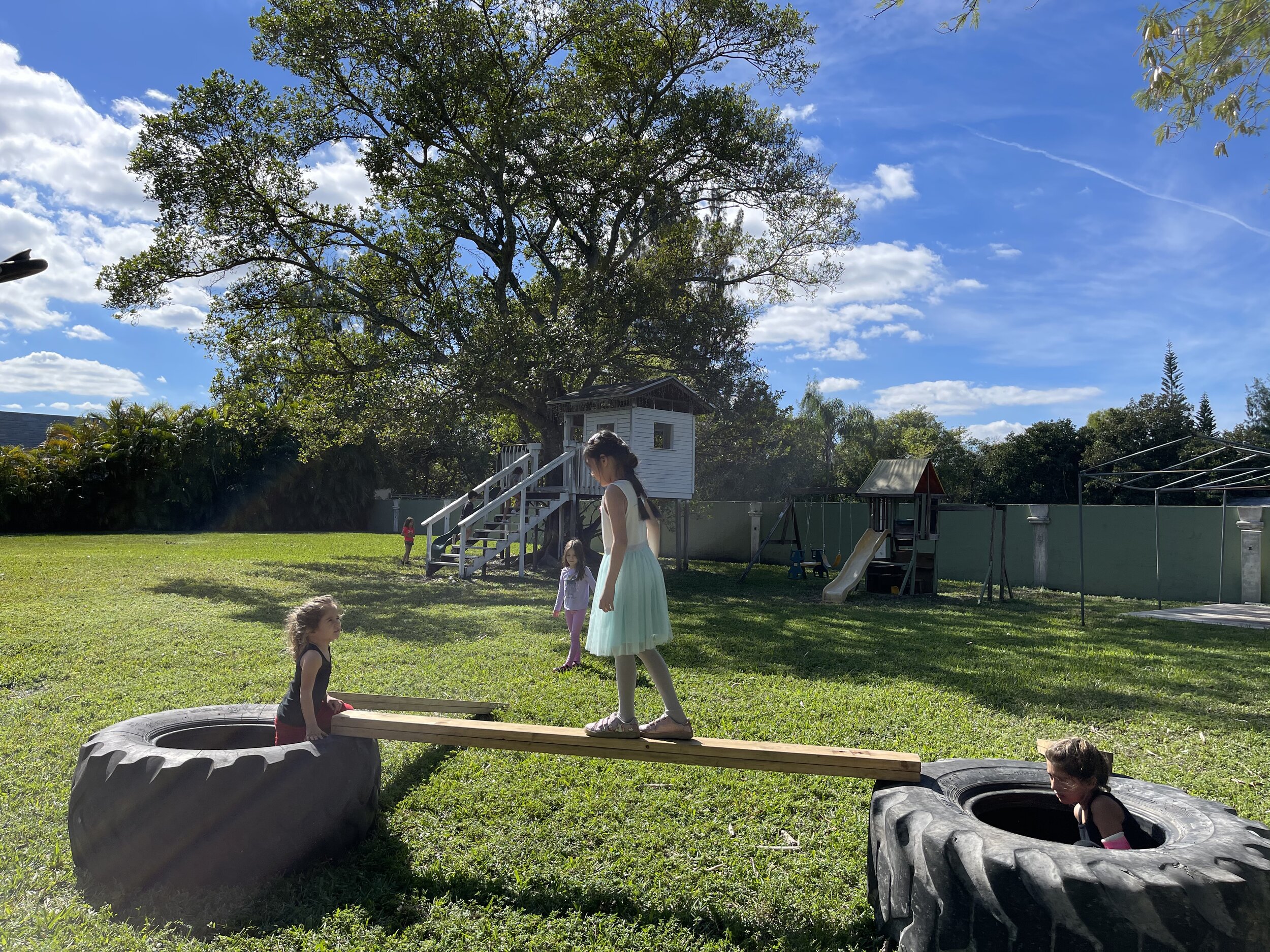
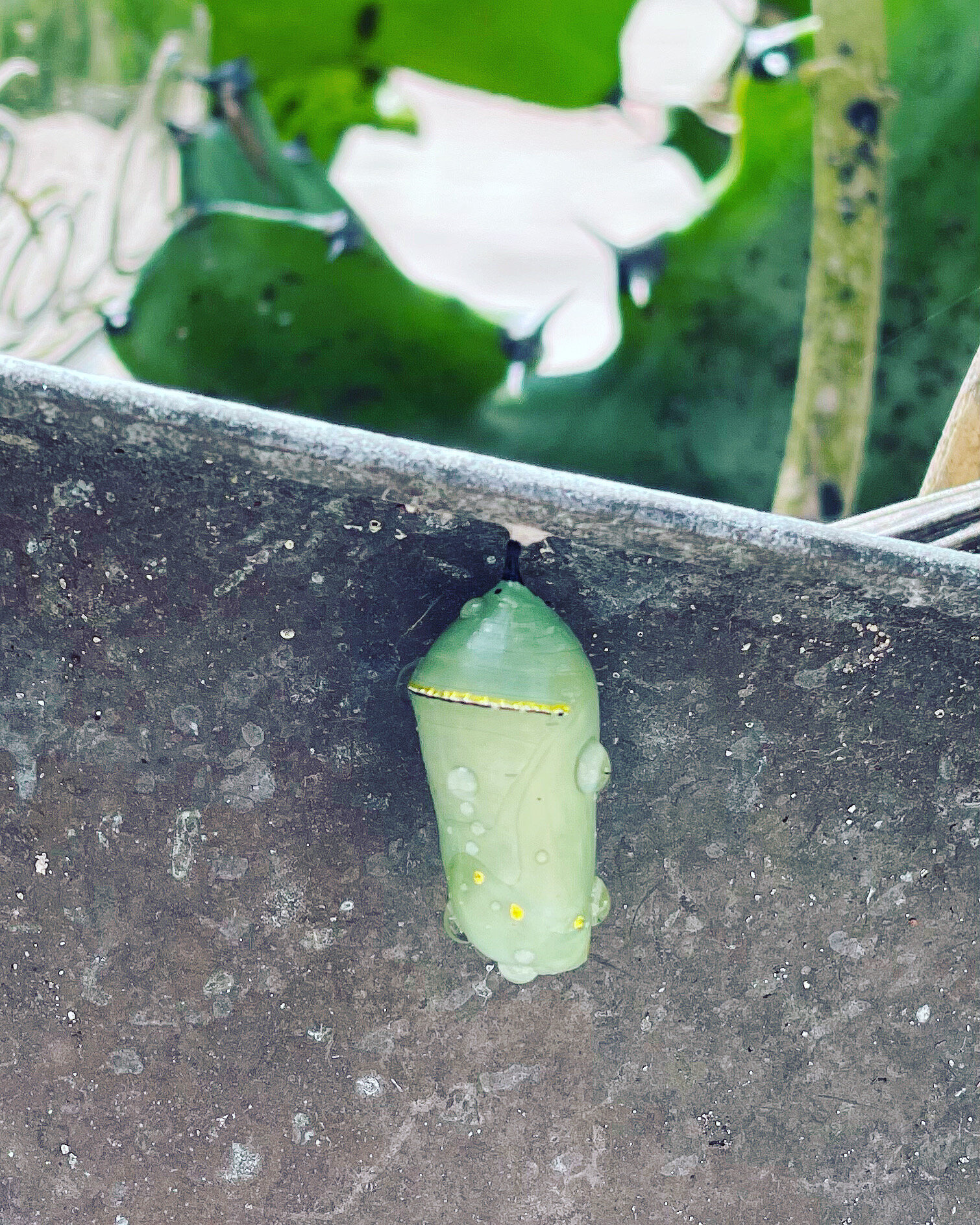
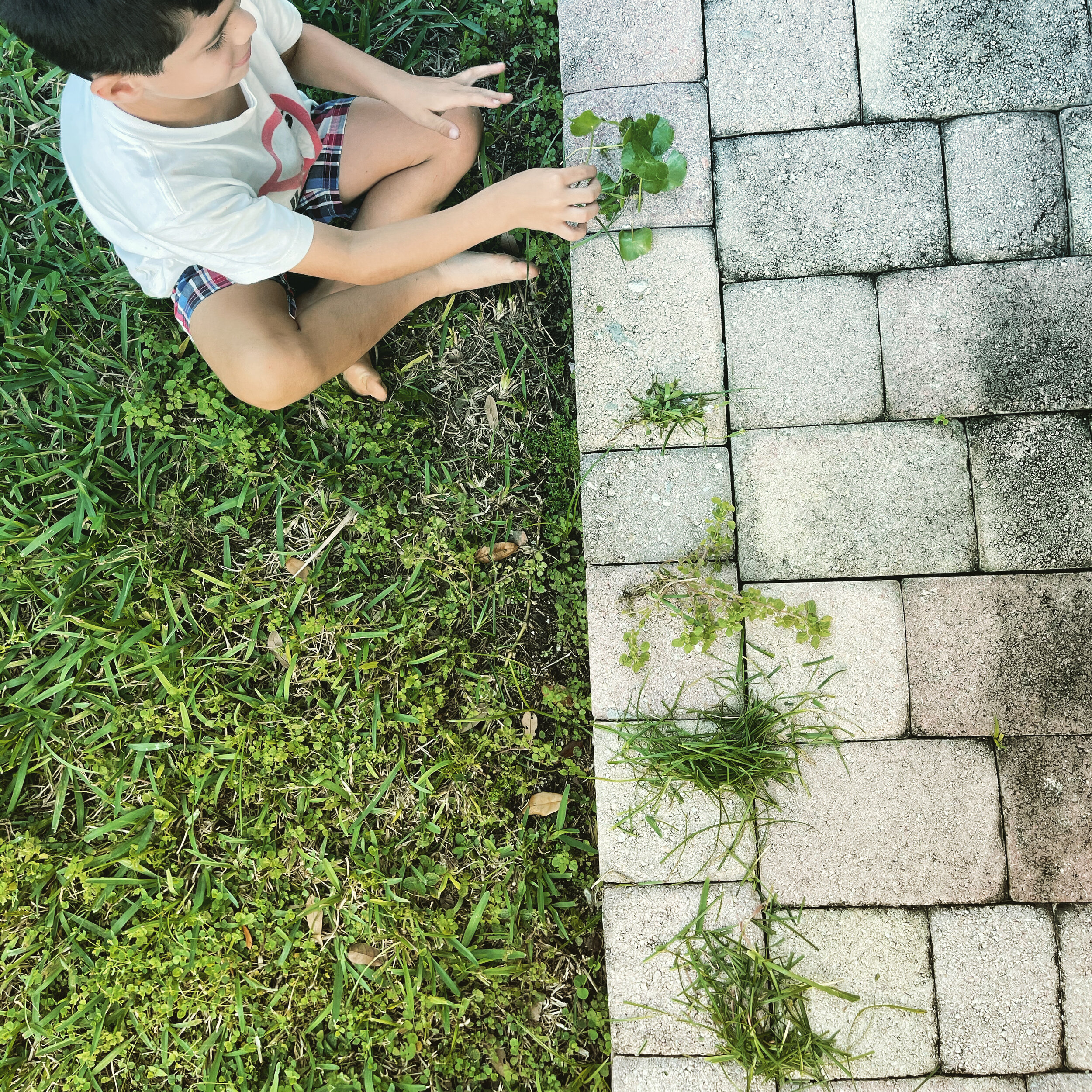
Permaculture
Permaculture education helps students recognize the importance of sustainability, healthy eating, and preservation of land, as they become aware of their interconnectedness with nature. Ms. Jeannie focuses on providing the younger generation with an inclusive education that goes beyond the role of learning, guiding students become more environmentally conscious.
Gardens create positive learning environments and boost children’s willingness to try new fruits and vegetables. They also serve as a valuable tool for engaging students in several academic subjects. Ms. Jeannie strives to give the children and young adults scope for an enormous amount of creativity, experiences, and opportunities. She focuses on bringing gardening & practical living skills in the classroom and understands teaching children the basic concepts in gardening akin to taking up projects that aim to improve the community and environment.
Permaculture studies helps to instill lifelong appreciation for the outdoor world. It also helps to increase children’s awareness of nutrition and willingness to try different fresh produce. As children work together for a common cause, it helps them to develop a sense of community and teamwork, while building invaluable practical living skills. They gain empathy for all living forms of life.
“Gardens are not just engaging learning spaces for all, they serve as interdisciplinary classrooms that welcome every type of learner, regardless of age or ability. They level the playing field for students with physical disabilities, learning and behavior challenges, and other needs by offering them an opportunity to contribute to the process of growing food from seed to harvest.”
— Ms. Jeannie
